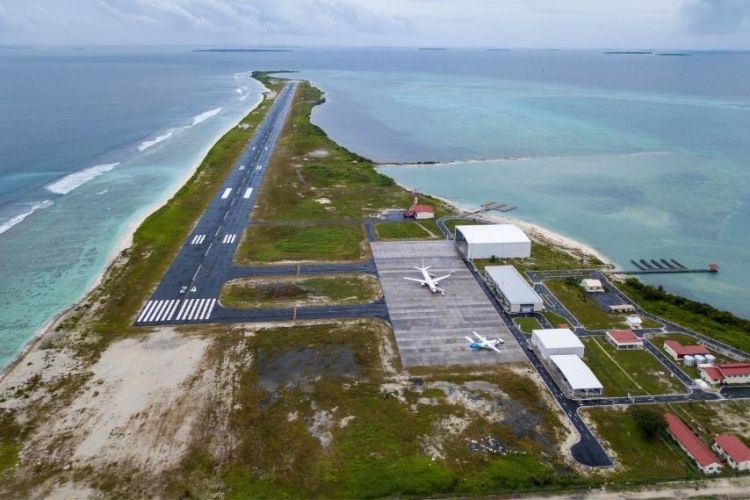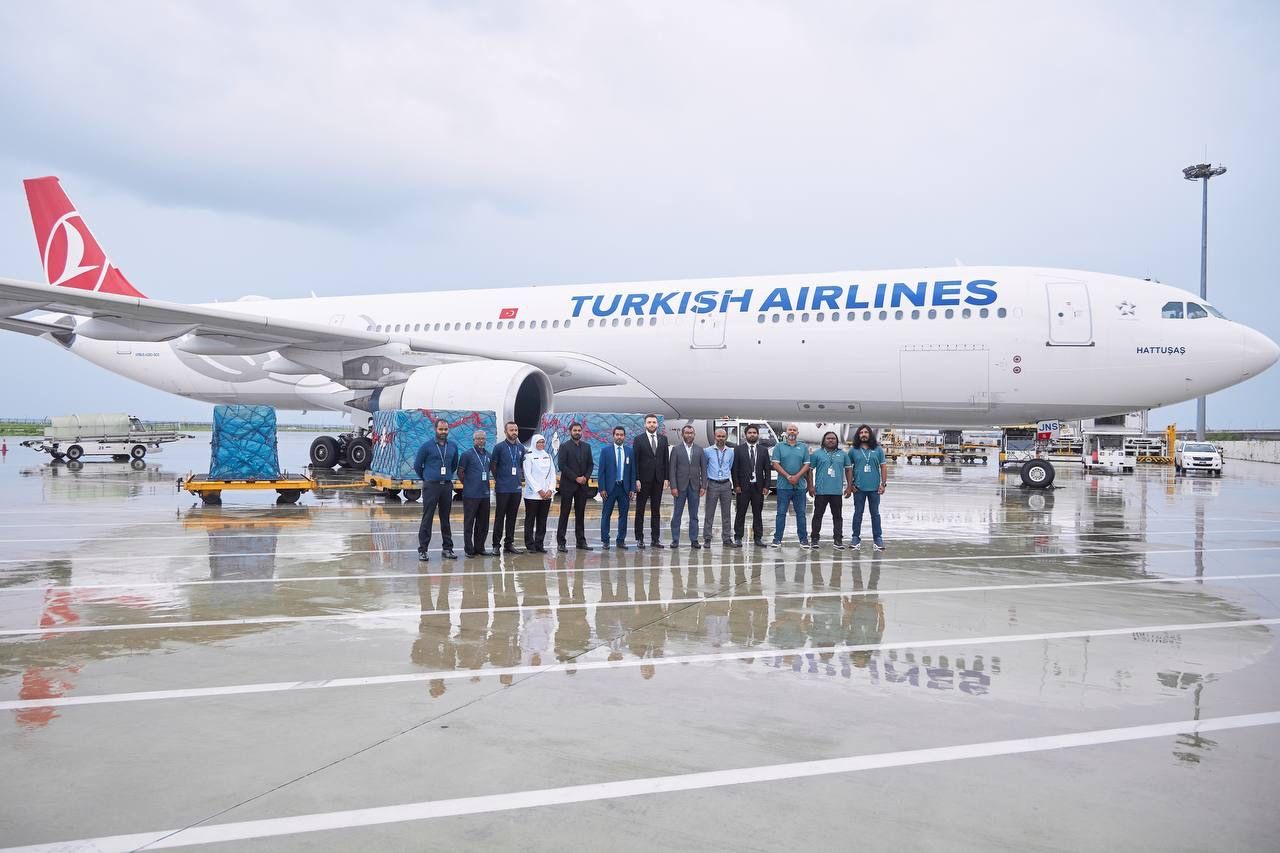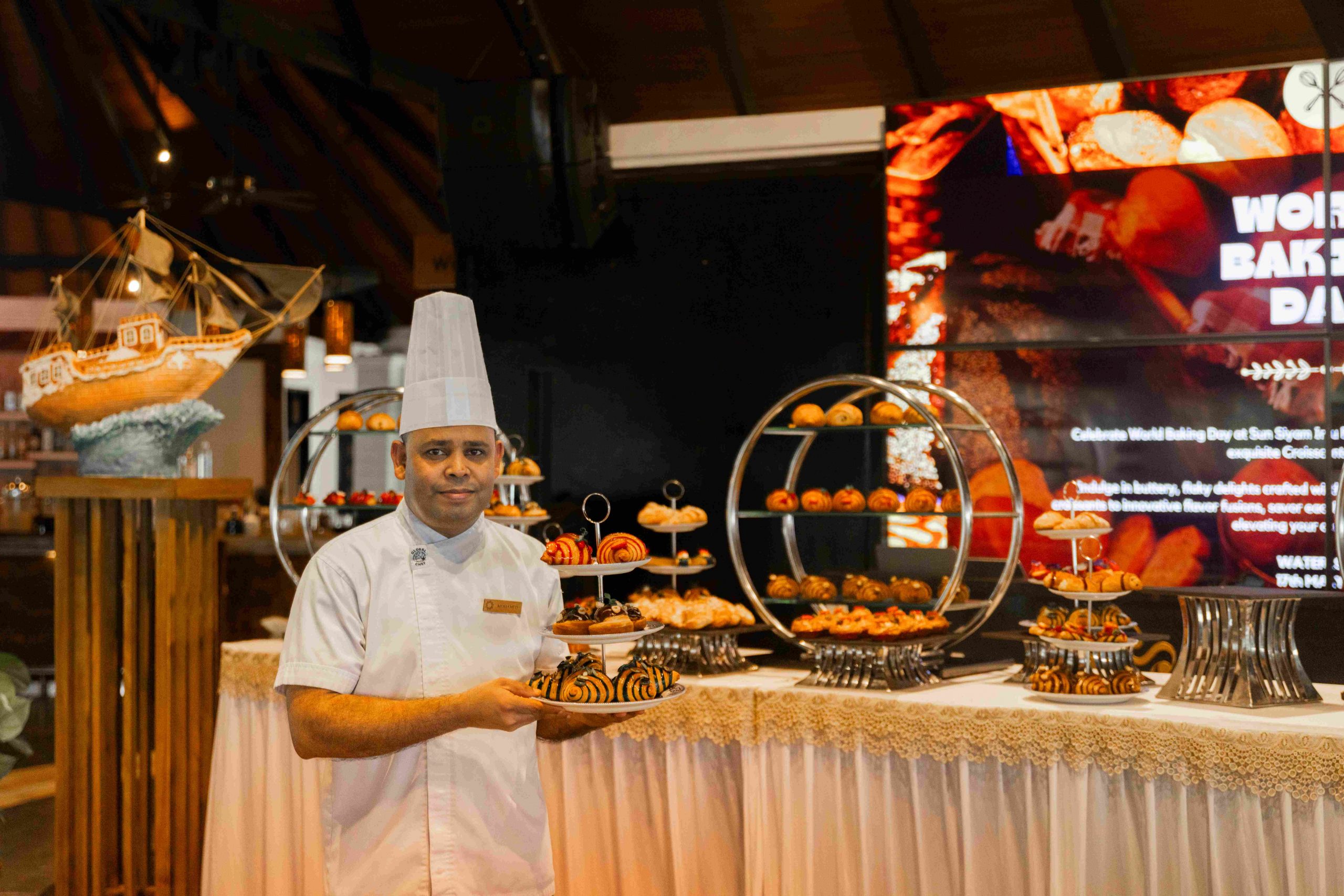Maafaru International Airport has established a border security system. According to the Ministry of Communications, Science, and Technology (MCST), the border security system installation was completed on 19th August 2020. With the installation of this security system at Maafaru International Airport, all international airports and seaports in the Maldives now have border control systems.
According to MCST, the technologically advanced border control system will facilitate ease of travel for tourists visiting the Maldives. The ministry has further revealed that the implementation of the system is a remarkable convenience in terms of the current situation of the Maldives.
Maafaru International Airport located in Noonu Atoll was officially opened on 1st December 2019. Maafaru International Airport is within close proximity to luxury Velaa Private Island Resort and Soneva Jani Maldives Resort. In July 2020, Soneva funded a COVID-19 testing centre at the airport. Likewise, the testing centre was built in just 30 days and offers tourists and locals the ability to get a COVID-19 test result in less than 24 hours.
The facility uses the Roche Lifecycle 96 machine and can process up to 700 tests per day. The centre is operated by ADK Hospitals and funded by Soneva and Velaa. In addition to funding the running of the facility, Soneva and Velaa have also donated 2,500 test kits to the Government in order to help with national preparations against the coronavirus.
The Maafaru International Airport was developed with USD 60 million funded by Abu Dhabi Fund for Development (ADFD). Consisting of a 2200 meter runway, taxiways, Apron with shoulder and Service roads the airport can accommodate and provide all services to the Airbus A320 and Boeing 737 aircraft.
Maafaru Airport’s runway is set to be further developed to accommodate Boing 777 twin-jet aircraft. The United Arab Emirates (UAE) government has approved funding for the project to be further developed.







